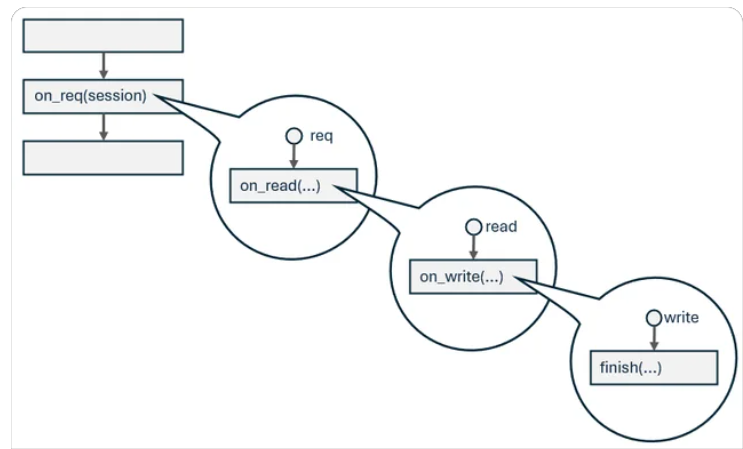Coroutines – A Deep Dive -- Quasar Chunawala
 Coroutines are powerful but require some boilerplate code. Quasar Chunawala explains what you need to implement to get coroutines working.
Coroutines are powerful but require some boilerplate code. Quasar Chunawala explains what you need to implement to get coroutines working.
Coroutines – A Deep Dive
by Quasar Chunawala
From the article:
The following code is the simplest implementation of a coroutine:
#include <coroutine> void coro_func(){ co_return; } int main(){ coro_func(); }Our first coroutine will just return nothing. It will not do anything else. Sadly, the preceding code is too simple for a functional coroutine and it will not compile. When compiling with gcc 15.2, we get the error shown in Figure 1.
<source>: In function 'void coro_func()': <source>:4:5: error: unable to find the promise type for this coroutine 4 | co_return; | ^~~~~~~~~Figure 1 Looking at C++ reference, we see that the return type of a coroutine must define a type named
promise_type.

 Memory-safety vulnerabilities remain one of the most persistent and costly risks in large-scale C++ systems, even in well-tested production code. This article explores how hardening the C++ Standard Library—specifically LLVM’s libc++—can deliver meaningful security and reliability gains at massive scale with minimal performance overhead.
Memory-safety vulnerabilities remain one of the most persistent and costly risks in large-scale C++ systems, even in well-tested production code. This article explores how hardening the C++ Standard Library—specifically LLVM’s libc++—can deliver meaningful security and reliability gains at massive scale with minimal performance overhead. This post is in response to two claims about coroutines: 1) Their reference function parameters may become dangling too easily, and 2) They are indistinguishable from regular functions from the declaration alone.
This post is in response to two claims about coroutines: 1) Their reference function parameters may become dangling too easily, and 2) They are indistinguishable from regular functions from the declaration alone.